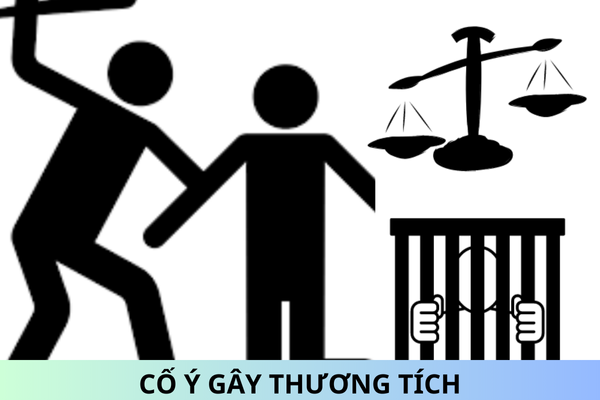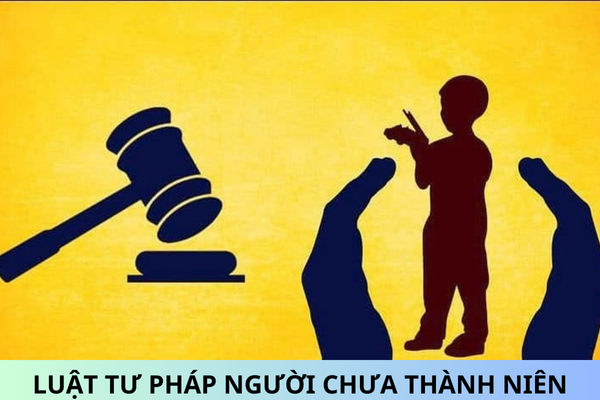According to the law in Vietnam: What crimes shall kidnapping of a child be prosecuted for? What are penalties for kidnapping of a child to extort money?
According to the law in Vietnam: What are penalties for kidnapping of a child to extort money? - Mr. Trung (Ha Noi).
According to the law in Vietnam: What crimes shall kidnapping of a child be prosecuted for?
The act of kidnapping of a child shall be prsecuted for following crimes:
- Abduction of a person under 16 according to Article 153 of the Criminal Code in 2015 (amended by Clause 29 Article 1 of the Law on amendments to the Criminal Code in 2017)
- Kidnapping for ransom according to Article 169 of the Criminal Code in 2015 (amended by Clause 33 Article 1 of the Law on amendments to the Criminal Code in 2017)
- Trafficking of a person under 16 according to Article 151 of the Criminal Code in 2015 (amended by Clause 28 Article 1 of the Law on amendments to the Criminal Code in 2017)
- Taking hostages according to Article 301 of the Criminal Code in 2015 (amended by Clause 103 Article 1 of the Law on amendments to the Criminal Code in 2017)
According to the law in Vietnam: What are penalties for kidnapping of a child to extort money?
The act of kidnapping of a child is the act of kidnapping for ransom according to Article 169 of the Criminal Code in 2015 (amended by Clause 33 Article 1 of the Law on amendments to the Criminal Code in 2017).
Kidnapping for ransom
1. Any person who takes another person hostage for ransom shall face a penalty of 02 - 07 years' imprisonment.
2. This offence committed in any of the following circumstances carries a penalty of 05 – 12 years' imprisonment:
a) The offence is committed by an organized group;
b) The offence is committed in a professional manner;
c) The offender uses a dangerous weapon, device, or other dangerous methods to commit the offence;
d) The offence is made against a person under 16;
dd) The offence is committed against more than one person;
e) The ransom demanded is from VND 50,000,000 to under VND 200,000,000;
g) The offence results in damage to physical or mental health of the victim and the victim’s WPI is assessed at 11% - 30%;
h) The offence has a negative impacts on social safety, order, and security;
i) Dangerous recidivism.
3. This offence committed in any of the following circumstances carries a penalty of 10 - 18 years' imprisonment:
a) The ransom demanded is assessed at from VND 200,000,000 to under VND 500,000,000;
b) The offence results in damage to physical or mental health of the victim and the victim’s WPI is assessed at 31% - 60%.
4. This offence committed in any of the following circumstances carries a penalty of 15 - 20 years' imprisonment or life imprisonment:
a) The ransom demanded is ≥ VND 500,000,000;
b) The offence results in the death of a person;
c) The offence results in damage to physical or mental health of the victim and the victim’s WPI is assessed at ≥ 61%.
5. Any person who makes preparation for the commission of this offence shall face a penalty of 01 - 05 years' imprisonment.
6. The offender may also be liable to a fine of from VND 20,000,000 to VND 100,000,000 , be put under mandatory supervision, prohibited from residence for 01 - 05 years or have all or part of his/her property confiscated.
Thus, the crime of kidnapping a child to extort money is punishable by imprisonment for a term of from 02 to 20 years or life imprisonment, depending on the seriousness of the crime.
A person who prepares to commit this crime is punishable by imprisonment for a term of from 01 to 05 years.
In addition, the offender may also be fined from 10 million to 100 million VND, sentenced to house arrest, prohibited from residing from 01 to 05 years, or have some or all of their property confiscated.
What are mitigating factors for the act of kidnapping of a child to extort money in Vietnam?
Pursuant to Article 51 of the Criminal Code in 2015 (amended by Clause 6.a Article 1 of the Law on amendments to the Criminal Code in 2017) stipulating mitigating factors as follows:
- The offender has prevented or reduced the harm of the crime.
- The offender voluntarily repairs, compensates for damages, or rectifies the consequences.
- The offender commits the crime in a case of excessive self-defense.
- The offender commits the crime in a case of excessive emergency.
- The offender commits the crime in a case of excessive necessity when arresting the offender.
- The offender commits the crime in a case of emotional stimulation caused by the victim's illegal act.
- The offender commits the crime due to special difficult circumstances that are not self-caused.
- The offender commits the crime but has not caused damage or has caused minor damage.
- The offender commits the crime for the first time and is in a case of minor severity.
- The offender commits the crime because of threats or coercion from others.
- The offender commits the crime in a case of limited cognitive ability that is not caused by their own fault.
- The offender commits the crime due to backwardness.
- The offender is a pregnant woman.
- The offender is 70 years of age or older.
- The offender is a person with severe or very severe disabilities.
- The offender is a person with a disease that limits their ability to understand or control their behavior.
- The offender confesses.
- The offender honestly confesses, repents, and reforms.
- The offender actively cooperates with the authorities in the detection of crime or in the process of resolving the case.
- The offender has made meritorious service to redeem the crime.
- The offender is a person with outstanding achievements in production, combat, study, or work.
- The offender is a person who has made a contribution to the revolution or is the parent, spouse, child of a martyr.
- When deciding on a sentence, the court may consider surrendering or other circumstances as mitigating circumstances, but must clearly state the reason for mitigation in the judgment.
Note: Mitigating circumstances that have been stipulated as elements of the crime or sentencing framework are not considered mitigating circumstances when deciding on a sentence.
Best regards!











